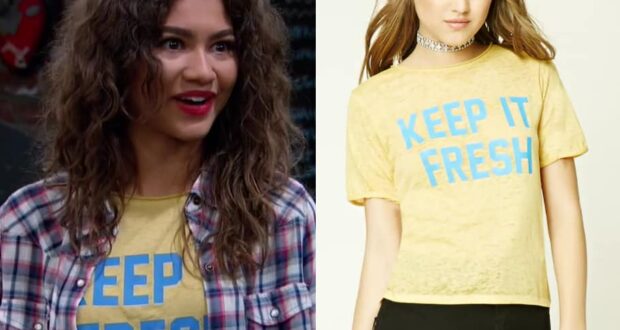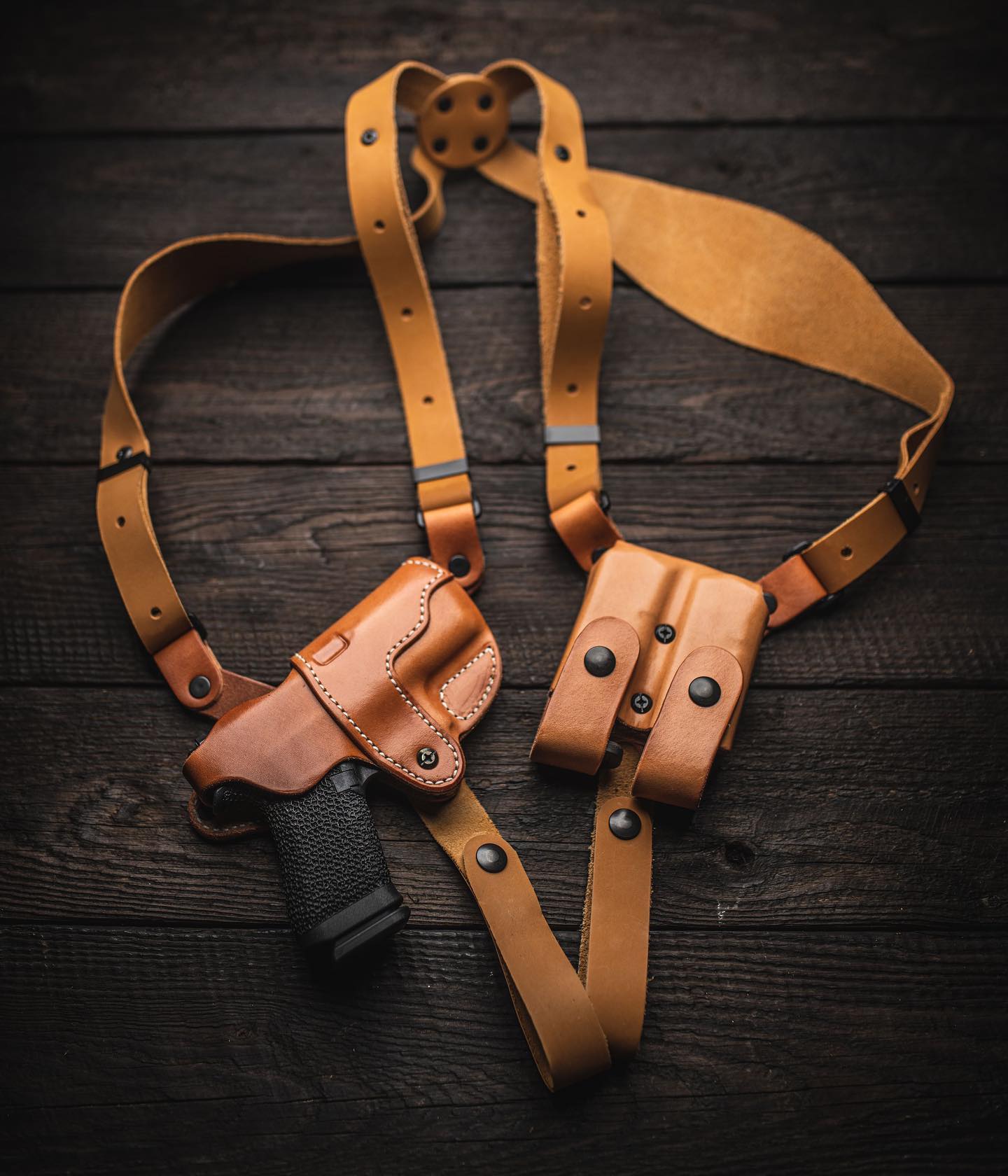When working undercover, it’s essential to dress in clothes similar to the general public. This helps you blend in and avoid being noticed by potential suspects.
Police officers who work undercover often wear undercover clothes similar to what they would wear on patrol or when conducting investigations. They may also wear accessories such as sunglasses and hats that help them blend in with their surroundings.
Undercover Security Guards
Undercover security guards are a great way to prevent theft in your store. These guards can spot potential thieves before they commit a crime and then catch them without letting them escape.
These guards can also help identify weak areas in your building or retail security. They will wear regular clothes to blend in with their surroundings and to avoid being seen.
They can also act as mystery shoppers to assess your retail store’s operations and loss prevention strategies. This helps you identify weaknesses and take necessary action to improve your security.
Another benefit of plainclothes security is that it can help catch shoplifters and other thieves who would otherwise stay hidden. This is particularly helpful for stores that experience frequent stealing.
Uniformed Security Guards
Uniformed security guards are a great way to protect your premises. They deter theft and give customers and employees peace of mind.
These security guards can also provide emergency help and assist those who need assistance. They act quickly to ensure that everyone is safe and that nothing is stolen.
They can also prevent shoplifting in retail stores and warehouses. This can save money and keep the business from going out.
Security officers can wear a variety of uniform styles. For example, mall security guards may wear simple button-down shirts, slacks, name tags, utility belts, and radios. Others work at banks and other financial institutions, and their uniforms look similar to police officers with a button-down shirts, slacks, and name tags. They also can dress in suits and ties for more upscale and high-brow businesses.
Private Investigators
Private investigators work on behalf of their clients, usually individuals or businesses, to collect and document evidence. This work can include surveillance, obtaining information through interviews and writing crime scenes.
They often work alongside law enforcement to help investigate criminal investigations, missing person cases, background checks and marital issues. They may also uncover insurance fraud or conduct worker’s compensation or bounty hunting cases.
Many investigators have a bachelor’s degree, while some have specialized degrees. They receive training from their employers, which varies depending on the type of firm they work for.
They must be careful not to violate privacy laws, which may make them a target of criminal charges or other legal issues. For example, they cannot enter someone’s home without their permission. They must also not take pictures inside a home, stalk people or break into any property that is not theirs.
Police Officers
Police officers are sworn to protect people and may have the authority to arrest and detain suspected criminals. They can also issue citations and assist individuals in distress, like those who have broken down on the side of the road.
Despite their essential contributions to order and safety, police officers must be careful not to use tactics that disrespect civil liberties or generate hatred in the communities they serve. This can lead to several problems, including the excessive use of deadly force or the overly harsh enforcement of petty offenses.
Officers should also be willing to work with the public to prevent crime or provide information about victim services and other services available in their communities. This can help to improve relationships between police and the people they serve.
 Blog For Noob Random thought of a Noob Blogger
Blog For Noob Random thought of a Noob Blogger









